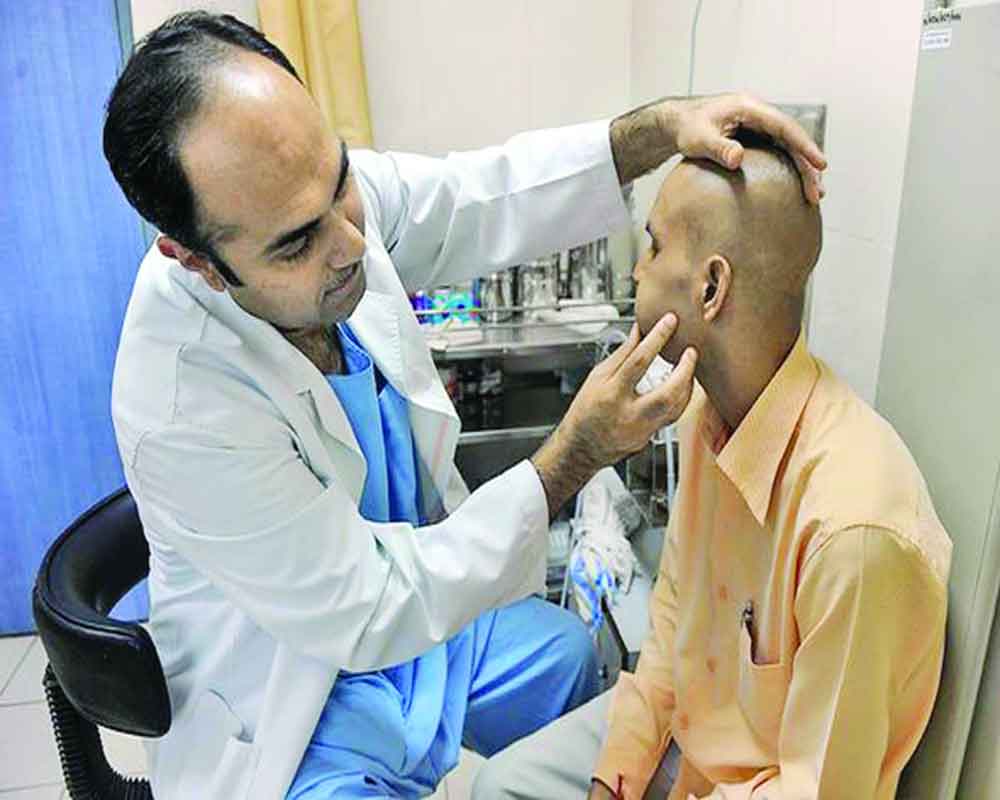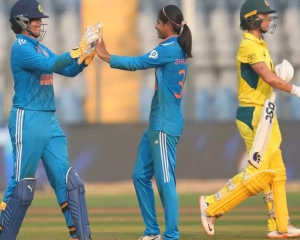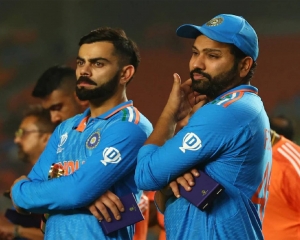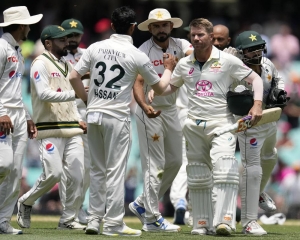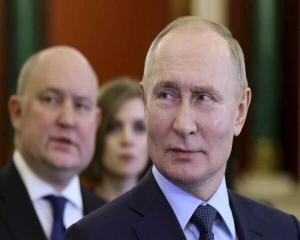With the growing incidents of cancer, it is crucial for health authorities to prioritise early detection, cost-effective treatment and preventive measures
Cancer, often referred to as the "emperor of maladies," continues to be a formidable challenge for medical researchers and scientists worldwide. Despite significant advancements in the field of medicine and biomedical science, cancer remains a relentless adversary, and its burden is escalating rapidly in India. India is facing a mounting crisis, with alarming statistics indicating a surge in cancer cases and mortality rates. As we delve into the current scenario, it becomes evident that immediate action is imperative to strengthen cancer care infrastructure, improve early detection and enhance preventive measures. The cancer burden in India is reaching unprecedented levels. According to a recent report presented in Parliament, there were 14.61 lakh cancer cases detected in 2022, an increase of 35,000 cases from the previous year.
Even more concerning is the mortality rate, with 8.08 lakh patients succumbing to cancer in 2022 compared to 7.89 lakh in 2021. The projections estimate a staggering 29.8 million cancer patients in India by 2025. These figures paint a bleak picture, sounding an alarm for both healthcare authorities and the general public. Despite improvements in cancer treatment, the incidence of cancer and mortality rates persistently rise in India. The country faces multiple challenges in combatting cancer effectively. The most prevalent types of cancer in India include breast, lung, colon, rectum and prostate cancer. Moreover, India has one of the highest mortality-to-incidence ratios for cancer globally, indicating a need for early detection and accessible treatment facilities.
The actual incidence of cancer in India could be significantly higher than the official figures, as highlighted by a 2022 study conducted by the Federation of Indian Chambers of Commerce and Industry and Ernst & Young (FICCI-EY). This suggests that the situation is more dire than what the statistics portray, making it all the more urgent to address this issue promptly.
One of the central issues contributing to the cancer crisis in India is the lack of easy access to specialized hospitals equipped with experienced oncologists and state-of-the-art machinery. Timely detection of the disease and affordable treatment are critical factors that need immediate attention.
The government must prioritize the establishment of cancer institutes and tertiary care centres to cater to the growing demand for quality cancer care. While the public healthcare system is overburdened, private hospitals often provide treatments that are financially out of reach for many patients. Raising public awareness about cancer detection and prevention is a key aspect of tackling this crisis effectively. Beyond the well-known risk factors such as tobacco and alcohol consumption, obesity and sedentary lifestyles, environmental factors also play a significant role in the rising disease burden. For instance, the consumption of processed and packaged foods with preservatives has been linked to cancer. Promoting healthy habits, including regular exercise, can be instrumental in reducing cancer risk.
Among women of reproductive age, breast and cervical cancers are the leading causes of cancer-related mortality. These cancers, however, are largely preventable through early screening and timely interventions. Public health campaigns aimed at encouraging regular screenings and educating women about the importance of early detection can save many lives. Cancer continues to cast a dark shadow over India's healthcare landscape.
As the cancer burden increases, it becomes vital for health authorities to focus on early detection, affordable treatment and preventive measures. The establishment of specialized hospitals coupled with heightened public awareness campaigns, can significantly alleviate the challenges posed by cancer. The time for action is now, as India must stand united in its fight against the dreaded emperor of maladies. Only through collective efforts, we can hope to turn the tide and provide a brighter future for cancer patients in the country.
(The writer studies at Delhi University and is a freelance writer, views are personal)






